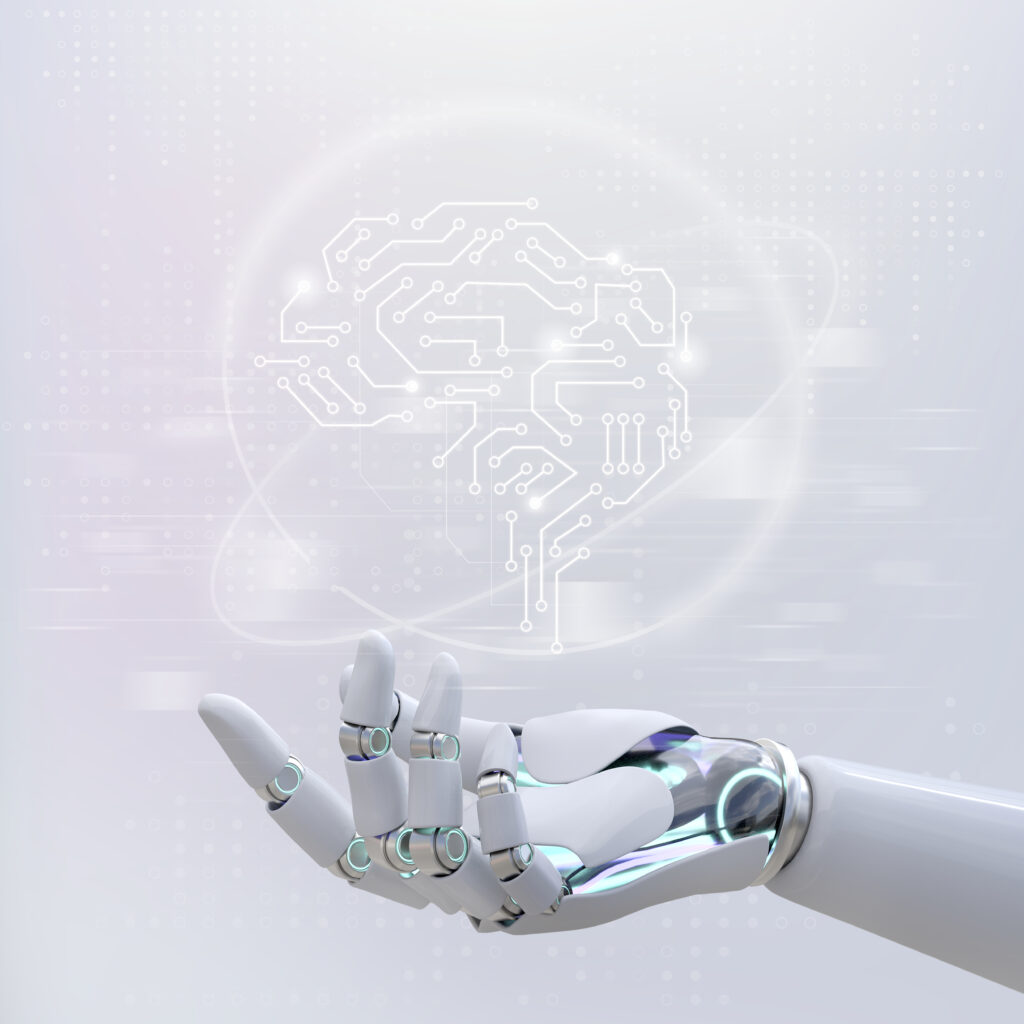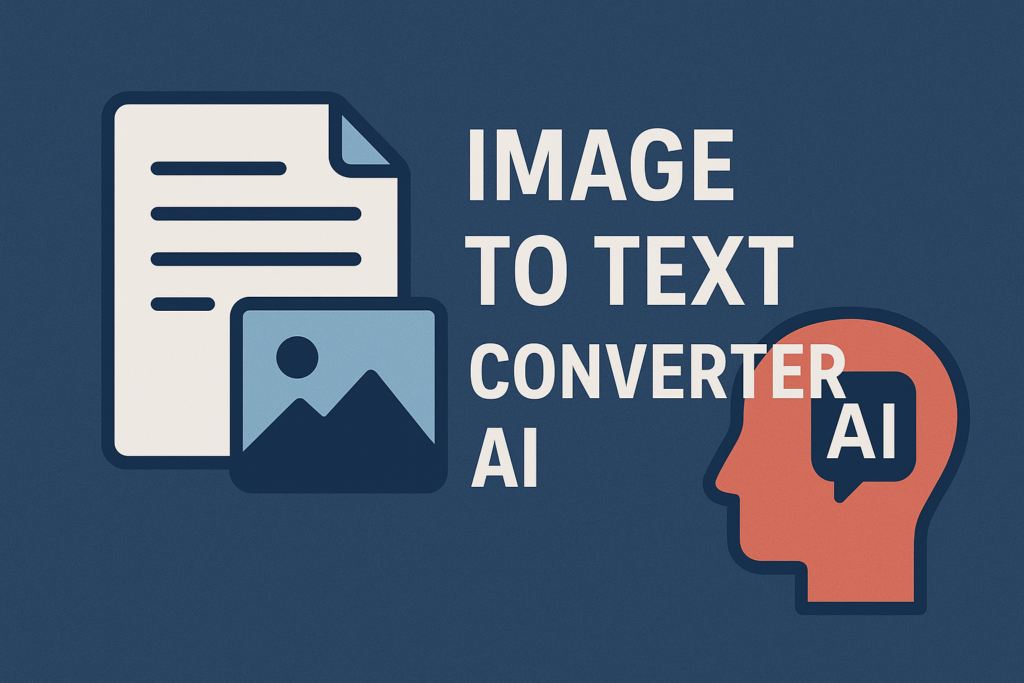Every vial of medicine represents years of research, countless decisions, and layers of precision. Yet, for decades, the process of manufacturing those medicines has lagged behind the pace of scientific discovery. That’s now changing rapidly. Artificial intelligence (AI) is rewriting the story of pharmaceutical manufacturing, turning manual operations into intelligent, adaptive ecosystems.
In recent years, pharmaceutical leaders, such as Pfizer, Merck, and Novartis have quietly revolutionized how medicines are made, not in research labs, but on the factory floor. Through smart algorithms, digital twins, and real-time analytics, AI is improving yields, strengthening quality control, and accelerating the journey from molecule to market.
Why the World Needs Smarter Drug Manufacturing
Pharmaceutical manufacturing operates under immense pressure. Precision, safety, and speed must all coexist within tight regulatory boundaries. Add to that global supply chain disruptions, growing compliance demands, and the complexity of next-generation therapies, and it becomes clear that traditional systems can no longer keep up.
AI brings something that’s long been missing, agility. It gives manufacturers the ability to anticipate problems before they occur and optimize every stage of production. Instead of reacting to deviations, companies can now predict and prevent them. This shift from reactive to predictive operations is transforming how the industry manages risk, ensures patient safety, and drives efficiency.
In essence, AI functions like a nervous system for modern pharma. It connects machines, sensors, databases, and people into one continuously learning network, capable of adapting and improving over time.
From Manual to Machine Learning: Inside the AI-Driven Factory
The pharmaceutical factory of the past was a blend of mechanical precision and human oversight. Today’s smart facilities operate more like intelligent ecosystems, dynamic, data-driven, and largely self-optimizing.
Generative AI, for example, is now being used to analyze production data, detect anomalies, and recommend real-time process adjustments. Pfizer’s internal generative AI platform, Vox, built on AWS cloud services, identifies “golden batches”, the formulations that yield the highest quality, and optimizes production cycles up to 25% faster, with product yields improving by around 10%. Operators can instantly correct deviations that once took hours to trace manually.
Moderna has taken a similar approach. By integrating AI and machine learning (ML) into its global Internet of Things (IoT) network, the company has automated many quality control checks that previously required manual review. The result is greater consistency and faster throughput, with each algorithmic insight helping the company scale production efficiently.
These are not isolated cases. Firms like Merck and Novartis are combining cloud computing, real-world data, and machine learning to create “digital twins” of their manufacturing environments. These virtual replicas simulate production processes before physical changes are made, allowing teams to test and refine operations safely. The outcome is measurable: higher efficiency, reduced waste, and more sustainable production systems.
AI in Quality Control and Compliance: Setting a New Standard
If manufacturing is the backbone of the pharmaceutical industry, quality control is its conscience. For years, maintaining compliance meant exhaustive paperwork, manual inspections, and reactive audits. AI is changing that narrative.
AI-powered Quality Management Systems (QMS) are now automating many of these labor-intensive tasks. Using natural language processing (NLP), these systems continuously monitor regulatory updates from agencies such as the FDA and EMA, then recommend changes to SOPs and flag potential non-compliance risks long before they surface.
Even the audit experience itself is evolving. With all production data centralized, every step of the process can be digitally verified. When regulators arrive, the audit trail is already complete.
Predictive Maintenance and Operational Efficiency
One of AI’s most valuable yet often overlooked capabilities lies in predictive maintenance, detecting issues in machinery long before humans can see or hear them.
Modern algorithms monitor thousands of parameters in real time, alerting operators when performance begins to drift. For 24/7 facilities, this can mean millions saved in downtime and energy costs. Instead of relying on fixed maintenance schedules, interventions now happen precisely when needed, never too late, never too soon.
This constant intelligence ensures consistent batch quality, a goal every manufacturer strives for. Merck’s manufacturing and analytics intelligence platform, for instance, uses AWS infrastructure to continuously learn from production data, fine-tuning machine settings for optimal yield. Across the sector, predictive systems are shortening production cycles, improving sustainability, and enhancing overall reliability.
Generative AI and the Rise of Autonomous Manufacturing
Generative AI is not limited to creating text or images; it’s becoming a partner in process design itself. In drug manufacturing, these algorithms can simulate millions of potential process combinations to identify the most efficient ones, adjusting temperature gradients, optimizing mixing speeds, and minimizing impurities.
At Pfizer, AWS’s Bedrock and SageMaker services power these AI simulations, creating self-learning workflows that improve with each production run. The system autonomously recommends micro-adjustments to keep every batch within its optimal performance range.
In practical terms, AI is giving manufacturing the ability to think and adapt on its own.
The Human Element: Collaboration, Not Replacement
With automation advancing so quickly, it’s natural to ask: where do humans fit in? The answer is simple, right at the center.
AI is not only replacing people but it’s enhancing their capabilities. Operators are evolving from machine watchers to data interpreters, using insights from AI systems to make faster, better-informed decisions. Human expertise remains critical in training algorithms, validating outcomes, and ensuring ethical and regulatory integrity.
Many companies are now investing in retraining programs to prepare their workforce for this “augmented manufacturing” era. What used to be a checklist-driven process is becoming a collaborative exchange between humans and algorithms, where machines handle precision, and people bring context and judgment.
The Business Impact: Faster, Safer, Smarter Pharma
The convergence of AI, cloud computing, and automation is driving measurable results. Industry insights from leading pharmaceutical companies indicate that AI adopters in manufacturing sectors have experienced significant efficiency improvements in quality management, often achieving over tenfold gains.
For pharmaceutical companies, these advancements mean more reliable medicine supplies, fewer recalls, and major reductions in waste and energy consumption, directly supporting Environmental, Social, and Governance (ESG) goals. When every process is optimized, sustainability stops being a side initiative and becomes a built-in feature of production.
Ultimately, this efficiency feeds back into patient outcomes. When drugs are made faster, safer, and with greater consistency, innovation gains something vital, a human impact.
Future Outlook: Toward Lights-Out Pharma Manufacturing
Imagine a facility where lights are optional, where AI systems operate continuously, monitoring, correcting, and optimizing every step without pause. This concept, known as “lights-out manufacturing,” is already a reality in aerospace and automotive industries.
Within the next decade, AI-driven plants could function with minimal human supervision, learning from global data streams and adapting in real time. Quality control, logistics, energy use, and safety systems could all operate as part of a unified, self-correcting network.
Yet, as with all technological progress, success will depend on trust. As drug manufacturing becomes more digital, the industry must balance automation with transparency. Regulations and ethics will evolve just as quickly to ensure that innovation never outpaces accountability.
At its heart, AI in drug manufacturing isn’t about machines taking over. It’s about humans using smarter tools to protect health more effectively. Every new algorithm, process optimization, or predictive model ultimately serves the same purpose this industry has always had, delivering better, safer medicines to the people who need them most.
Author(s): Ronit Sharma, Anmol Bali
Ronit Sharma is an accomplished business research and competitive intelligence professional with over eight years of experience in the market research industry. As a team leader at Roots Analysis, he has authored numerous multidisciplinary market research reports, and led the efforts on several bespoken consulting assignments, providing valuable insights into the latest innovations across different industries. Ronit’s exceptional analytical skills and strategic thinking in the field is driving force behind firm’s intellectual capital, empowering clients to make informed decisions in the dynamic landscape. With a passion for staying at the forefront of industry advancements, Ronit specializes in identifying emerging opportunities for various stakeholders, leveraging his deep understanding of market trends and technological developments
Anmol Bali is a content writer at Roots Analysis, specializing in creating comprehensive market report descriptions and articles across sectors. With extensive experience in content writing, she transforms complex data into clear and easy-to-interpret information. Passionate about research writing and communication, she contributes significantly to the firm’s content and marketing departments.



